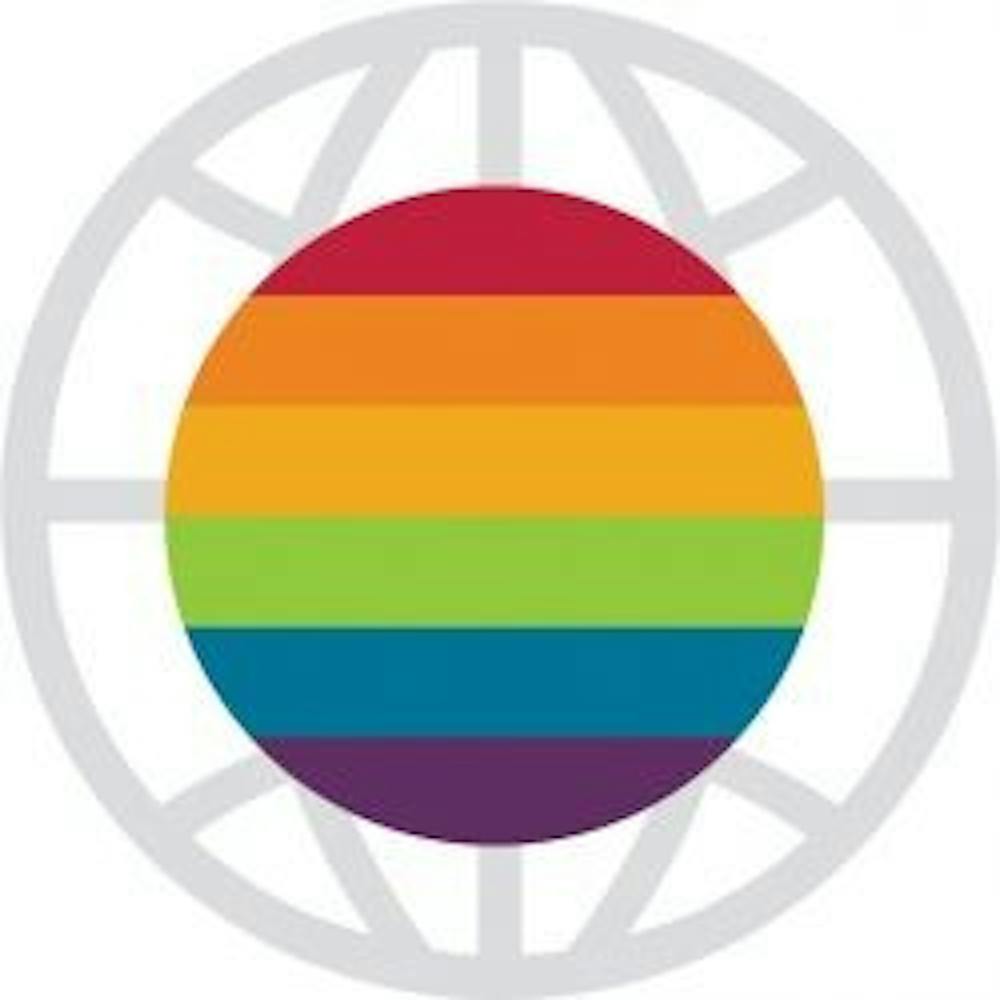It’s a new semester for Ohio University and Athens. We are living a time where there is a lot happening locally, nationally and globally. In the midst of all the changes and new realities, many folks have questions about the complex world of sexual and gender diversities. As a LGBT Center, part of our mission is to help engage these questions and many times spark more questions.
What are your questions? What are you curious about? What have you always wanted to know? What is the difference between gender expression and gender identity? What order do the letters go in in the acronym and what about the I, Q, P, A and others? Isn’t queer a negative word? What is the difference between “ally” and “accomplice”? Which places on Court Street are welcoming of queer folk? What resources are available on and off campus? What’s the big deal about Caitlyn Jenner? What makes someone gay? What is conversion therapy? What’s the big deal about bathrooms and transgender people? Why is it necessary to have the “Query A Queer” column?
Understanding the ever-changing and evolving worlds of sexuality and gender can be overwhelming and confusing. The LGBT Center is committed to creating spaces on and off campus for conversations on sexual and gender diversities — our goal is to explain why “its complicated” is the best answer we can give because it truly is complicated (and queertastically awesome!). Often times the questions that people ask us lead to more questions more so than specific answers. I have come to realize that many people want a “1+1=2” situation when it comes to their questions about LGBT people, identities and issues. However, the reality is that sexuality and gender are not linear, are not always predictable and are as dynamic as they are confusing.
At the center we are mindful that the world of sexuality, gender, and queerness are constantly evolving. We recognize that identity is a messy place but we also celebrate the dynamic conversations the confusion sparks. For instance, words like “dyke” and “queer” have been reclaimed by some within the community as terms of empowerment, redefining their historically negative meanings. We can get married in all 50 states but can still be fired in over 30 states for identifying as or being perceived as LGBTQA. We are now starting to explore the nuances and spectrums of sexual orientation thanks to the affirmation of Asexual and Aromantic identities and experiences which historically were neglected and overlooked. Due to folks like Laverne Cox and Jazz Jennings, we are starting to have conversations around the differences between gender identity and expression.
And that is just scratching the surface of sexual and gender diversity. Just to complicate things further, at the center we explore how sexuality and gender intersect with other aspects of identity such as race, religion, ethnicity, ability, sex, geographic location, etc.
Query A Queer was created as one way of addressing people’s questions and curiosities about all the colors of the rainbow and beyond. The goal is to answer any and all questions. This is your time to ask whatever it is you would like to know and/or better understand and/or have never had an opportunity to ask. We challenge you to not hold back; unleash your questions —
we will not take offense to any questions posed to us.
All questions are welcome, truly no question will go unanswered. Questions and responses will be shared anonymously through The Post and through the LGBT Center’s social media platforms. We want this to be a space for ALL and welcome your questions, curiosities and queries whether you are a student, faculty, staff, alum and/or members of the community.
Send your questions: via email to lgbt@ohio.edu and/or oulgbtcenter@gmail.com; via Tumblr (oulgbtcenter); via Twitter to @oulgbtcenter with hashtag #qaqueer; or post/message to Facebook (oulgbtcenter).
So bring it on, do it to it and query a queer.
---
delfin is the Director of the LGBT Center, faculty advisor to the Latino Student Union, and adjunct lecturer for the Social Work Program and Women’s, Gender and Sexuality Studies.






